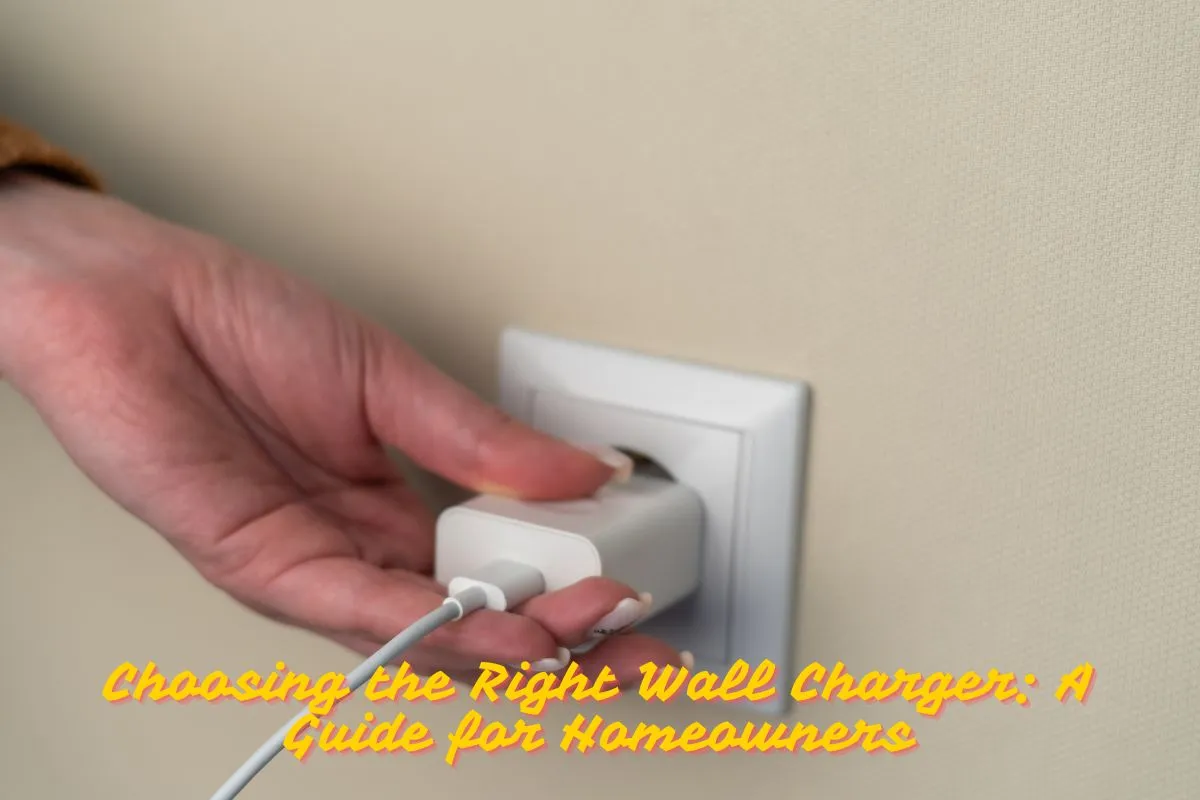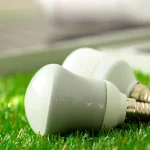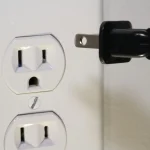In today’s world, where our homes are filled with electronics, a reliable wall charger is essential. Whether it’s for charging your phone, tablet, or other devices, having the right wall charger can make a big difference in terms of safety, efficiency, and convenience. But with so many options available, how do you choose the right one?
When I first bought my smartphone, I didn’t think much about the charger that came with it. Over time, I realized the importance of using a good-quality wall charger when my cheap replacement failed and damaged my phone. Learning from that experience, I decided to do my research on choosing the right wall charger, and I’m here to share what I’ve learned.
This guide will help you understand what factors to consider when buying a wall charger for your home. We’ll break it down so even a fifth-grader can understand, providing practical tips and expert advice to ensure you’re making the best choice.
1. Understand Your Devices’ Power Needs
Before you choose a wall charger, it’s important to know the power requirements of your devices. Every electronic device has different charging needs in terms of wattage (power) and voltage (the strength of the electric current). For example, a smartphone may need 18W of power, while a laptop may require 65W or more.
As tech journalist David Pogue explains, “A reliable wall charger is essential for powering your electronic devices safely and efficiently.”
If your charger doesn’t provide enough power, your device will charge slowly or not at all. On the other hand, if you use a charger with too much power, it could damage your device. Check your device’s manual or the charging information provided by the manufacturer to ensure you’re choosing the right charger.
2. Look for Certified Wall Chargers
Safety should always come first when choosing a wall charger. Cheap, low-quality chargers may not meet safety standards and could pose a risk of fire or electric shock. When shopping for a charger, look for certifications like UL, CE, or FCC, which ensure that the product has been tested for safety and meets electrical standards.
Consumer Reports emphasizes, “Look for certifications like UL, CE, or FCC to verify the safety and quality of the wall charger.”
Buying a certified charger may cost a little more, but it’s worth the peace of mind knowing your device—and home—are safe.
3. Consider Multi-Port Chargers for Convenience
In a busy household, you likely have multiple devices to charge—phones, tablets, smartwatches, and maybe even Bluetooth speakers. To avoid clutter and the hassle of juggling multiple chargers, consider investing in a multi-port wall charger. These chargers let you plug in several devices at once, saving both space and time.
TechRadar advises, “Investing in a durable wall charger with multiple USB ports can save you space and hassle.”
Personally, I love having a multi-port charger in my living room. It allows my family and me to charge our devices simultaneously without crowding all the outlets.
4. Choose the Right Charging Speed (Fast Charging vs. Regular Charging)
Some wall chargers come with fast-charging technology, which allows your device to charge much faster than a standard charger. Fast charging is especially handy when you need a quick boost of power in a short amount of time.
Many modern devices support fast charging, but you’ll need to make sure the wall charger you buy is compatible. Look for chargers that support Quick Charge or Power Delivery (PD) technology. These are industry standards for fast charging.
However, fast charging isn’t necessary for every device. If your device doesn’t support it, a regular charger will work just fine.
CNET, a well-known tech review website, suggests, “Consider the wattage and voltage requirements of your devices to ensure compatibility with the wall charger.”
5. Avoid Counterfeit or Cheap Chargers
It can be tempting to buy a super-cheap wall charger online, especially when the price looks too good to be true. However, using counterfeit or poorly-made chargers can lead to serious problems. Not only do they fail to charge efficiently, but they can also overheat or cause short circuits, putting both your device and your home at risk.
Tom’s Hardware warns, “Avoid using cheap or counterfeit wall chargers, as they may pose safety risks.”
I’ve had the unfortunate experience of using a cheap charger that not only stopped working after a few months but also left my phone with a permanent charging issue. It’s a mistake I won’t repeat.
6. Portable Wall Chargers for Travel
If you travel frequently, it’s worth investing in a portable wall charger with interchangeable plugs for international use. These chargers come with detachable adapters that work with various outlet types found around the world.
The Wirecutter, a trusted product review website, suggests, “If you frequently travel, consider a portable wall charger with interchangeable plugs for international use.”
Having a charger that works wherever you go can save you the hassle of finding adapters or buying new chargers in different countries. Plus, they are typically compact and easy to carry in your luggage.
7. Environmental Impact of Wall Chargers
Did you know that wall chargers continue to consume electricity even when they’re not actively charging a device? This is called vampire power or standby power, and it’s a small but constant drain on energy in your home. To reduce unnecessary energy consumption, consider unplugging your chargers when they’re not in use.
Additionally, some companies are now designing energy-efficient wall chargers that automatically stop drawing power once your device is fully charged. This is a great option if you’re environmentally conscious and want to minimize your energy use.
According to a study published in the Renewable Energy Journal, “The environmental impact of wall charger energy consumption can be minimized by using energy-efficient designs that reduce standby power.”
8. Longevity and Durability
Another important factor to consider is the durability of the charger. You don’t want to be replacing your charger every few months. Look for chargers with sturdy build quality, especially the cable, which tends to wear out the fastest. Reinforced cables, braided designs, and high-quality connectors can make a big difference in how long your charger lasts.
A multi-port charger I once bought lasted less than six months because the charging cable frayed at the connection point. I’ve since switched to chargers with reinforced cables, and I haven’t had any issues.
If you have pets, children, or simply a busy household, investing in a durable charger can save you money in the long run.
9. Smart Chargers
For those who love tech innovations, consider smart wall chargers. These chargers can detect the type of device plugged into them and deliver the optimal amount of power, ensuring your devices charge efficiently without overheating. Some smart chargers even have features that allow you to control and monitor the charging process via a smartphone app.
While not a necessity for everyone, smart chargers are a good investment for tech enthusiasts or those who want the latest in charging technology.
10. Charging Efficiency
Charging efficiency refers to how quickly and effectively a charger can transfer power to your device. High-efficiency chargers waste less energy during the charging process, which can reduce both charging time and energy costs.
A study from the IEEE Transactions on Consumer Electronics found that “Comparative analysis of wall charger wattage and charging efficiency shows that higher wattage chargers can offer faster and more efficient charging for high-power devices.”
When buying a wall charger, make sure to check the wattage rating and choose a charger that is appropriate for the devices you plan to charge.
Conclusion
Choosing the right wall charger may seem like a simple decision, but it can significantly impact your device’s performance, safety, and longevity. Whether you’re looking for a multi-port charger to handle all your family’s devices or a fast charger for your phone, make sure to consider factors like power requirements, safety certifications, and durability.
By following the tips in this guide, you can ensure that you’re making an informed decision and getting the best value for your money.
And remember, it’s always worth investing in a good-quality charger. Trust me, after experiencing a cheap charger malfunction, I’ll never skimp on this again.










